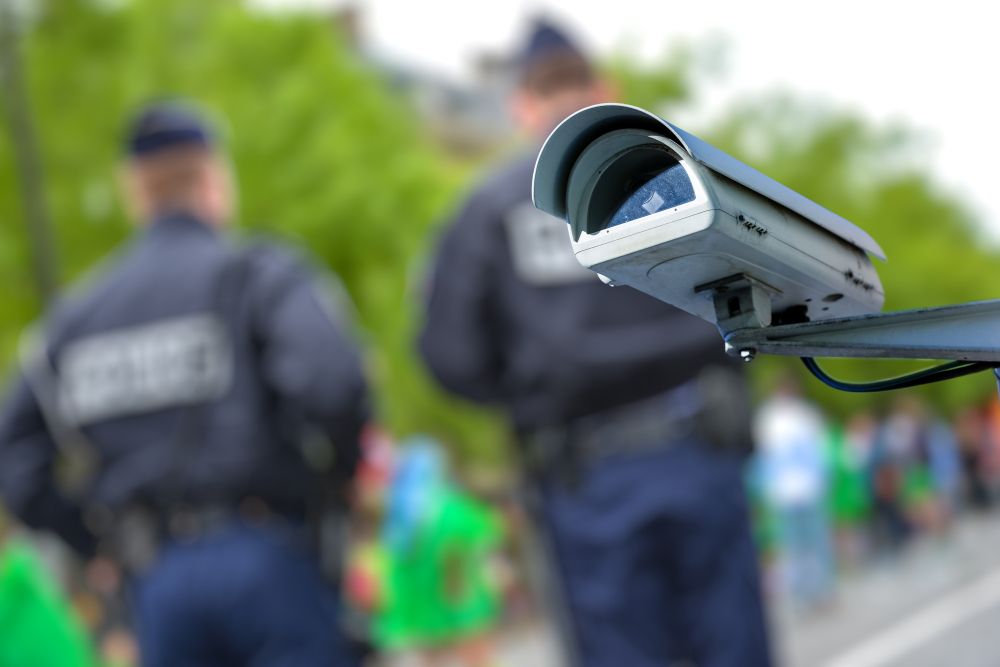Boston’s federal court ruled Tuesday that border agents should not search passengers’ electronics without probable cause, noting that reasonable suspicion is required from now on.
According to the federal court in Boston, electronics searches on the US border crossings should no longer be possible without reasonable cause for suspicion. The court ruled on Tuesday that suspicionless searches are unconstitutional, and that border patrol agents will no longer be able to demand access to passengers’ electronics unless there is suspicion of actual crimes.
Border agents can’t search smartphones and laptops without ‘reasonable suspicion,’ court ruleshttps://t.co/VlkLKLksPB By @lisettevoytko pic.twitter.com/DwyRGclCeH
— Forbes Tech (@ForbesTech) November 13, 2019
Border Search Rates Rising Dramatically
The US District Judge, Denise J. Casper, found that travelers’ electronics seizures and searches without any real suspicion go against the Fourth Amendment. So far, Customs and Border Protection policy already required probable cause for any advanced searches, basic ones did not, and were conducted randomly. The new ruling also comes as a result of at least 11 travelers’ complaints about violated rights as a result of such searches, that were conducted without meeting minimum prerequisites. Furthermore, ten out of the eleven plaintiffs were actual US citizens. Of course, this is not exactly a new occurrence, as the country’s authorities have considered the borders to be an area where some civil liberties should not apply. As a result, Custom and Border Protection searched tens of thousands of electronic devices per year, especially in recent years, under Donald Trump’s administration.
Searches Exposed Sensitive Information and Endangered Travelers
The court also stated that searches without probable cause might expose plaintiffs to ongoing harm since the authorities can review previous search results when deciding on upcoming searches. One example of this was the case involving Suhaib Allababidi, whose phone was seized in 2017 after he refused to unlock it. When he found himself at the US borders again in 2019, Allababidi’s phone was searched again. Not only that, but the border agents who searched the phone inspected journalistic work, as well as privileged client-attorney communications. The court also mentioned one case where the CBP searched a device belonging to a NASA-owned laboratory. Many have praised the decision, such as the EFF’s attorney, Sophia Cope, who stated that this is a great day for travelers who were concerned that the government might go through their sensitive data without any cause or suspicion. What do you think about the federal court’s new ruling? Do you agree that border agents should have a valid reason before searching through travelers’ electronics? Tell us your thoughts in the comments below.Images are courtesy of Twitter, Pixabay, Shutterstock.
Top crypto platforms in the US
Disclaimer
In adherence to the Trust Project guidelines, BeInCrypto is committed to unbiased, transparent reporting. This news article aims to provide accurate, timely information. However, readers are advised to verify facts independently and consult with a professional before making any decisions based on this content. Please note that our Terms and Conditions, Privacy Policy, and Disclaimers have been updated.
Sponsored
Sponsored
